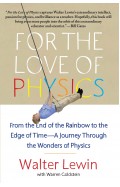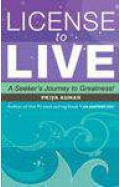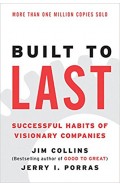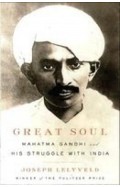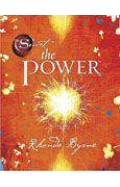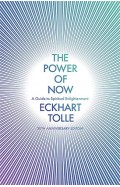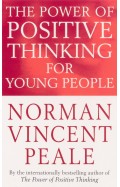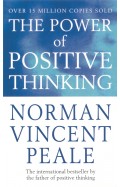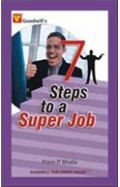- Home
- Books
- Categories
- Non Fiction
- Self Help
- Soon : What Science, Philosophy, Religion and History Teach Us About the Surprising Power of Procrastination - Paperback
Soon : What Science, Philosophy, Religion and History Teach Us About the Surprising Power of Procrastination - Paperback
By: Andrew Santella
-
Rs 747.50
- Rs 1,495.00
- 50%
You save Rs 747.50.
Due to constant currency fluctuation, prices are subject to change with or without notice.
In an age where it has never been easier to fritter away time with a steady stream of distractions, we still feel the oppressive tick of the almighty clock. But what if instead of scolding ourselves from indulging in distraction, we rebelled against deadlines and indulged in dawdling in order to achieve greater creative success? In Soon, writer and self-proclaimed procrastinator Andrew Santella explores the universal habit of procrastination and gives it, at last, a vigorous defense. As Santella argues, procrastination is not pure sloth, nor is it even "bad" at its core. It can be, as a matter of fact, pleasurable and enriching. By putting ourselves in charge of our limited time-be it choosing to sweep the stairs before finishing a painting, or reading a novel instead of doing our taxes-we find ourselves unlocking new creative potential and success.
Through the lessons of history, philosophy, psychology and science, and the stories of notable procrastinators like Charles Darwin, Leonardo da Vinci, Frank Lloyd Wright and Moses, Santella makes a compelling case for the power of procrastination.
In an age where it has never been easier to fritter away time with a steady stream of distractions, we still feel the oppressive tick of the almighty clock. But what if instead of scolding ourselves from indulging in distraction, we rebelled against deadlines and indulged in dawdling in order to achieve greater creative success? In Soon, writer and self-proclaimed procrastinator Andrew Santella explores the universal habit of procrastination and gives it, at last, a vigorous defense. As Santella argues, procrastination is not pure sloth, nor is it even "bad" at its core. It can be, as a matter of fact, pleasurable and enriching. By putting ourselves in charge of our limited time-be it choosing to sweep the stairs before finishing a painting, or reading a novel instead of doing our taxes-we find ourselves unlocking new creative potential and success.
Through the lessons of history, philosophy, psychology and science, and the stories of notable procrastinators like Charles Darwin, Leonardo da Vinci, Frank Lloyd Wright and Moses, Santella makes a compelling case for the power of procrastination.
Soon : What Science, Philosophy, Religion and History Teach Us About the Surprising Power of Procrastination - Paperback
By: Andrew Santella
Rs 747.50 Rs 1,495.00 Ex Tax :Rs 747.50
Zubin Mehta: A Musical Journey (An Authorized Biography)
By: VOID - Bakhtiar K. Dadabhoy
Rs 892.50 Rs 1,050.00 Ex Tax :Rs 892.50
Built to Last Successful Habits Of Visionary CompaniesAI
By: James C. Collins
Rs 4,045.50 Rs 4,495.00 Ex Tax :Rs 4,045.50
Great Soul Mahatma Gandhi And His Struggle With India
By: Joseph Lelyveld
Rs 731.25 Rs 975.00 Ex Tax :Rs 731.25
The Power Of Positive Thinking For Young People
By: Norman Vincen Peale
Rs 2,245.50 Rs 2,495.00 Ex Tax :Rs 2,245.50
Get Real: How To Tell It Like It Is In A World of Illusions
By: Eliane Glaser
Rs 531.25 Rs 625.00 Ex Tax :Rs 531.25
No recently viewed books available at the moment.
Zubin Mehta: A Musical Journey (An Authorized Biography)
By: VOID - Bakhtiar K. Dadabhoy
Rs 892.50 Rs 1,050.00 Ex Tax :Rs 892.50
Soon : What Science, Philosophy, Religion and History Teach Us About the Surprising Power of Procrastination - Paperback
By: Andrew Santella
Rs 747.50 Rs 1,495.00 Ex Tax :Rs 747.50












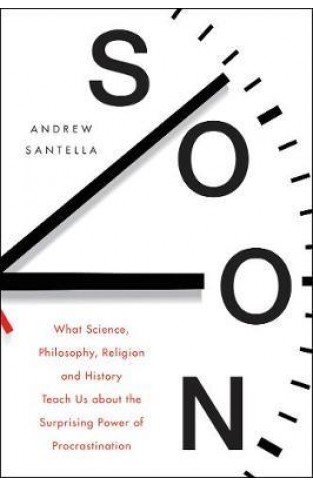
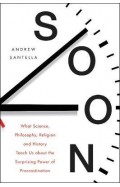
-120x187.jpg?q6)







